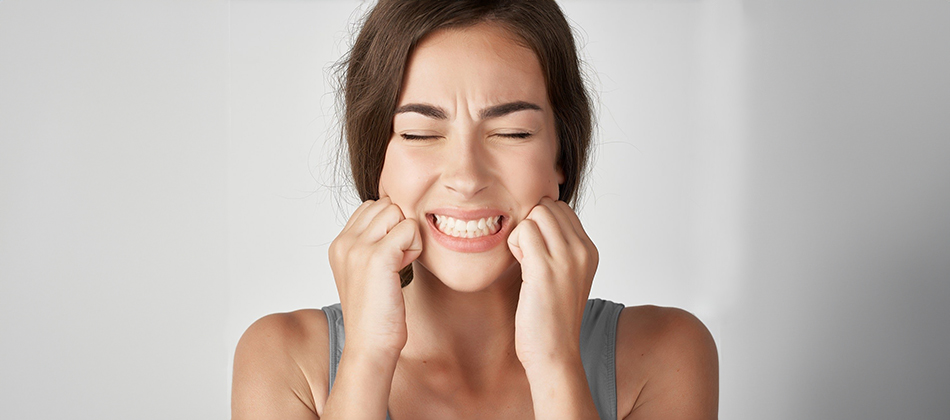Teeth Grinding and Clenching Treatment (Bruxism)
An aesthetic smile is the expression of power;
the smile is the sharp sword of this power.

Bruxism is a condition defined as the habit of clenching or grinding the teeth. This habit often occurs during sleep and many people do it without realizing it. Bruxism can cause pain in the teeth and jaws, difficulty chewing, jaw joint disorder, and wear on the teeth. It can also cause headaches, neck pain, earaches and even sleep disturbance.
The cause of bruxism is not known exactly, but factors such as stress, anxiety, insomnia, smoking, excessive caffeine or alcohol consumption, sleep apnea, dental disorder, jaw disorder or incorrect dental sets are thought to play a role.
The causes of bruxism are not fully understood. However, it is thought that some situations may cause bruxism. These factors include stress, anxiety, anger, depression, insomnia, tooth loss, deterioration of tooth structure such as bridges, fillings and crowns, improper bite, sleep disorders such as sleep apnea, and side effects of some medications. In addition, increased activity in the central nervous system and jaw muscles is generally observed in brucism patients.
Bruxism is a habit of clenching or grinding the teeth that usually occurs while a person is sleeping. This habit is characterized by violent clenching or grinding of the teeth and often goes unnoticed until the person wakes up. For this reason, many people may remain unaware of the existence of bruxism for a long time.
Symptoms of bruxism may include:
If one or more of the symptoms mentioned above is present, the person should consult a dentist as it may be bruxism.
To prevent bruxism, it is important to avoid factors that can overload the teeth. Here are some methods that can be used to prevent bruxism:
These measures can help prevent bruxism, but if the condition is severe, it is necessary to consult a dentist and receive appropriate treatment.
